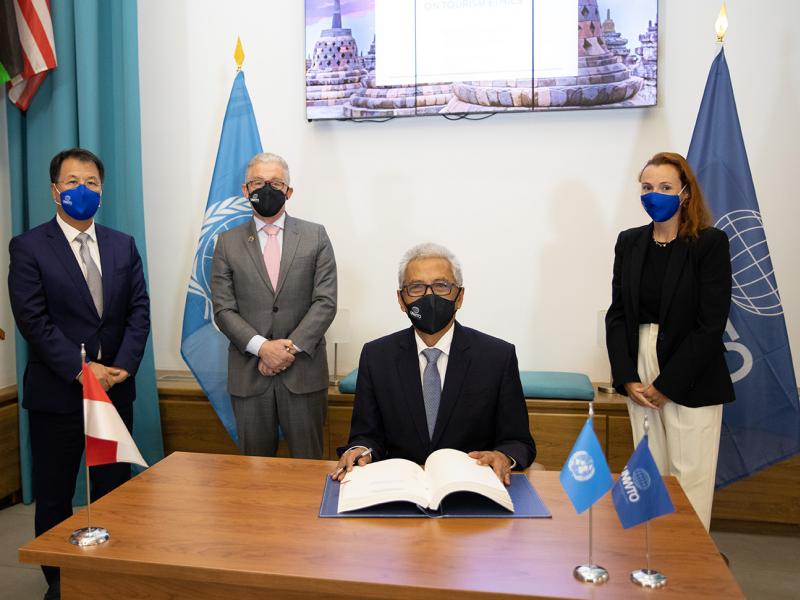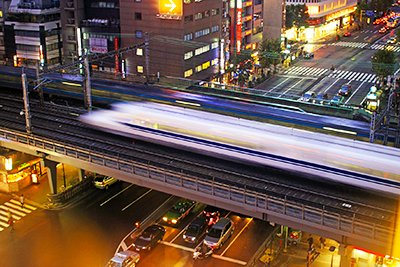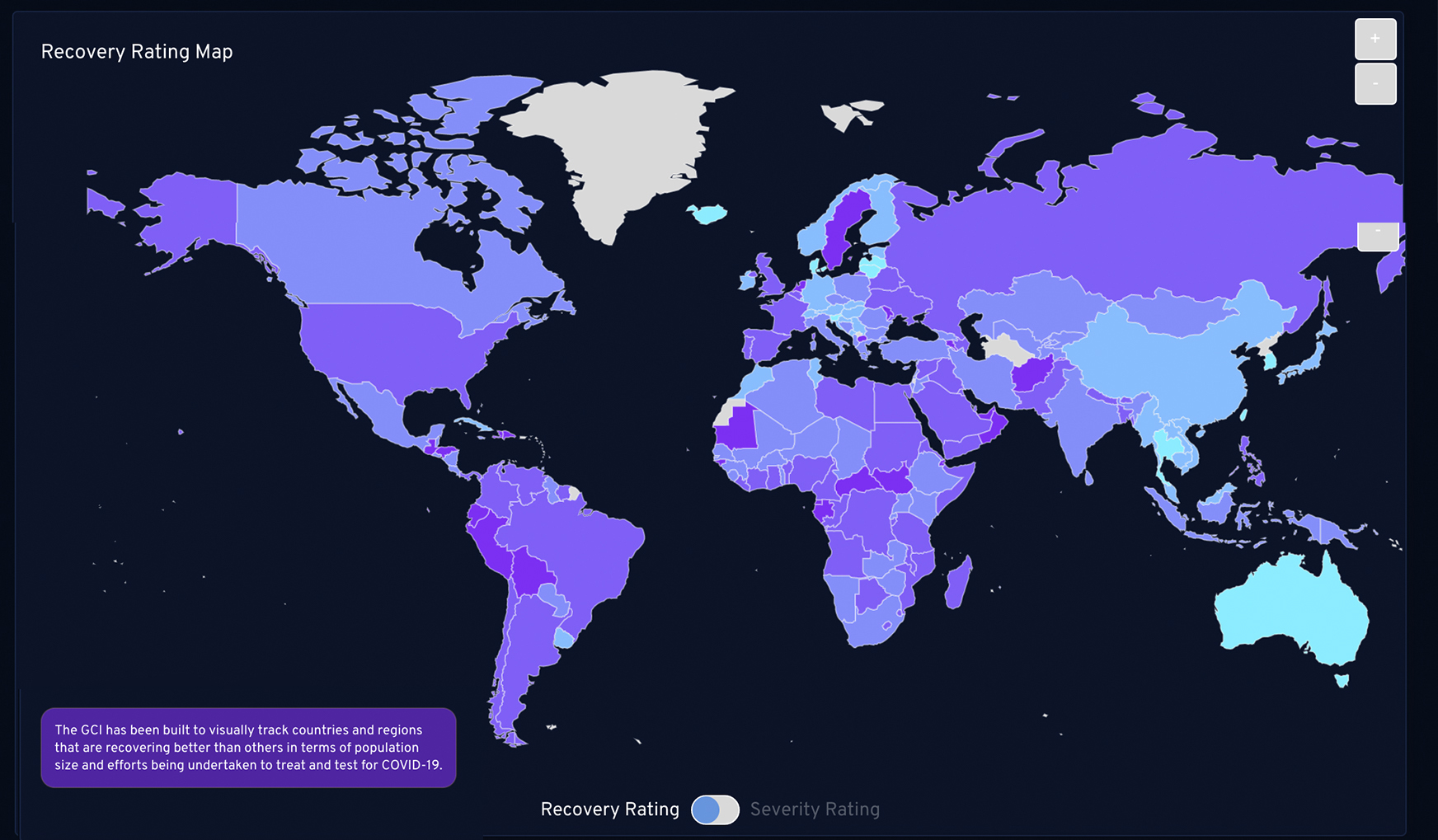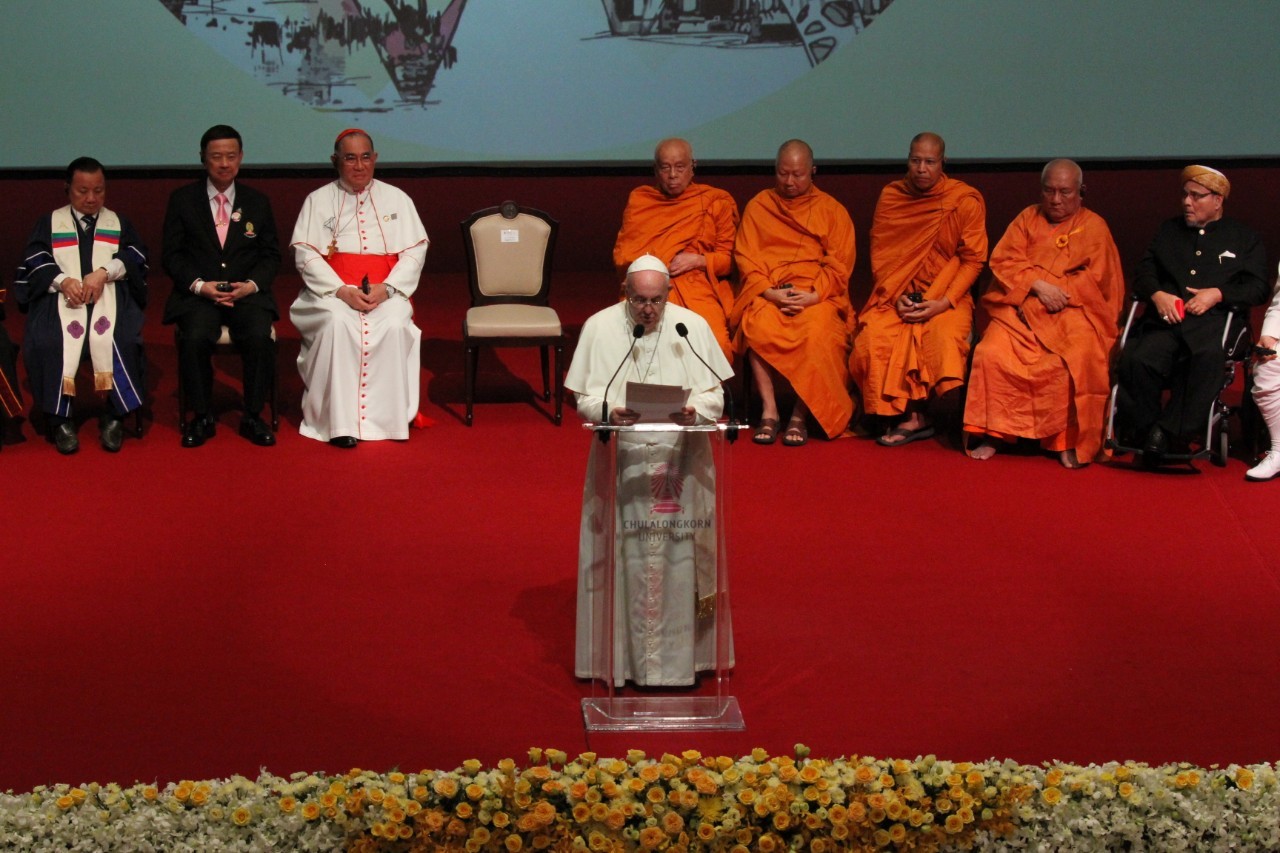Hong Kong Buyer-supplier connections boosted through online exhibition
THE Hong Kong Trade Development Council (HKTDC) has upgraded its hktdc.com Sourcing platform in the run-up to Autumn Sourcing Week, a large-scale online trade fair that will run from November 16 to 27, 2020.
The platform upgrade will help international traders transition to digital-sourcing models and capture business opportunities in China and the broader Asian region under the post-pandemic new normal.
HKTDC deputy executive director, Benjamin Chau said, "The COVID-19 pandemic has led to the cancellation or rescheduling of approximately 4,000 physical exhibitions around the world, affecting deals worth an estimated US$296 billion. At the same time, enterprises are seizing the opportunity to challenge conventional ways of working and develop new sourcing and marketing channels. The pandemic has changed the sourcing pattern for many companies and accelerated the transformation of the global supply chain."
Advanced smart sourcing opens up global business opportunities, he said. 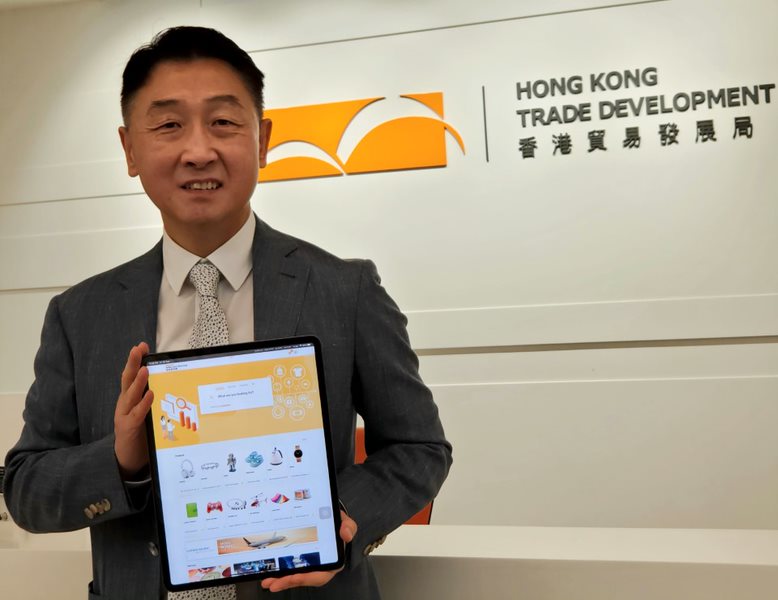
As a pioneer in digital sourcing, the HKTDC introduced Hong Kong's first large-scale business-to-business (B2B) marketing platform, hktdc.com Sourcing, back in 2000. To date, the platform has gathered more than 130,000 suppliers and 2 million buyers, facilitating 24 million business connections a year with the support of the HKTDC's 50 global offices.
To help buyers and suppliers worldwide find new partners and secure business deals amid these challenging times, the HKTDC has completed a significant upgrade to its hktdc.com Sourcing platform..
"Users will notice a refreshed design as well as easy-to-use features delivering a better smart-sourcing experience anytime and anywhere," Mr chau said.
"We have employed new technologies such as artificial intelligence (AI) and machine learning to facilitate more flexible and personalised functions, such as customised company profile pages, product recommendations and keyword suggestions triggered by product image recognition, providing more efficient business connection services," he said.
To further strengthen buyer confidence, the Third-Party Authentication Service allows suppliers to highlight their credibility.
"The new supplier authentication system classifies companies' reputations and activeness into Gold, Silver and Bronze categories," Mr Chau said.
" A record of companies' participation at HKTDC events and their last update time are also provided, serving as a reference for buyers as they seek out the most suitable suppliers.".
Another new feature is the NewsBites content page, which introduces the latest procurement trends and popular products and pushes notifications via various online media channels to provide buyers with access to relevant suppliers' pages on the platform.
Following the success of its Summer Sourcing Weeks, GO ONLINE earlier this year, which migrated a number of physical exhibitions online, the HKTDC is holding Autumn Sourcing Week ONLINE next week under the theme 'A New Connected World Beyond the New Normal', bringing together 2,600 suppliers from 33 countries and regions.
The exhibition features suppliers from 11 industries -- including electronics, houseware, lighting, outdoor lighting, eco tech, gifts and premiums, toys, baby products, stationery, optical, and watches and clocks -- to provide a one-stop sourcing platform where buyers can restock for the year ahead. Detailed information of the exhibitors and their products are also uploaded to hktdc.com Sourcing to help buyers identify new business partners.
The online exhibition features the AI-driven Click2Match business-matching platform. In addition to bringing buyers and suppliers together, the platform also supports meeting scheduling, video meetings, live-chat and contact exchange.
Autumn Sourcing Week | ONLINE will feature more than 20 webinars at the Intelligence Hub across four main series - SmartTech, Lifestyle, Business Essentials, and Green and Sustainability - with over 100 leading figures sharing insights into the latest trends.
Looking ahead, Mr Chau said the HKTDC would continue to enhance its online services to create more business opportunities for global buyers and suppliers. He said in the future, physical trade fairs and online platforms would need to integrate and complement each other.
"Even when physical exhibitions resume, the HKTDC will continue to organise regular thematic online sourcing events catering to the different sourcing cycles of various sectors. This will create an extended exhibition experience and fully utilise the advantages of O2O."
Autumn Sourcing Week ONLINE: http://asw.hktdc.com
ends

 How to resolve AdBlock issue?
How to resolve AdBlock issue? 